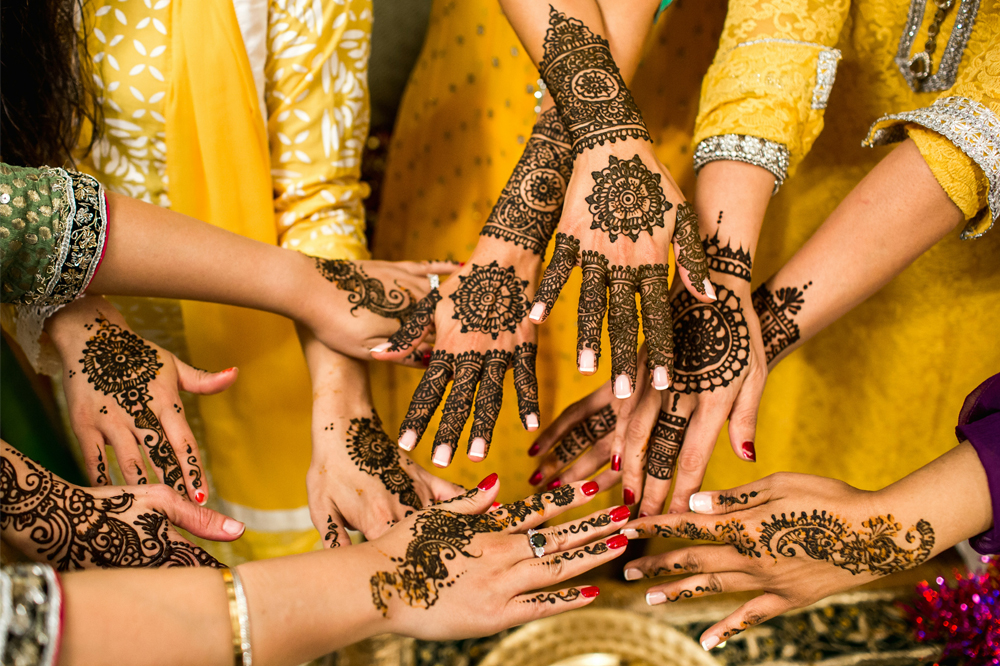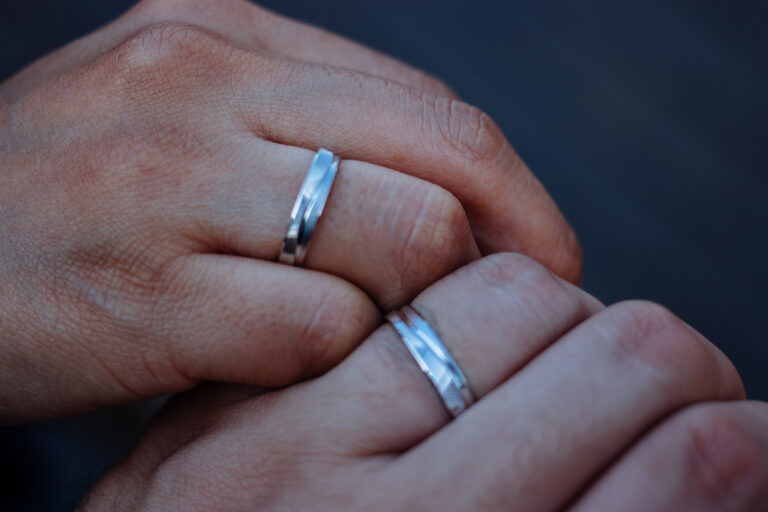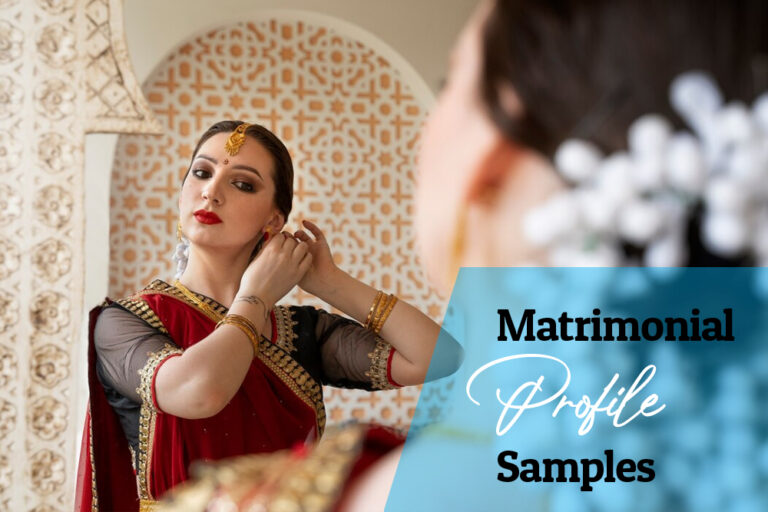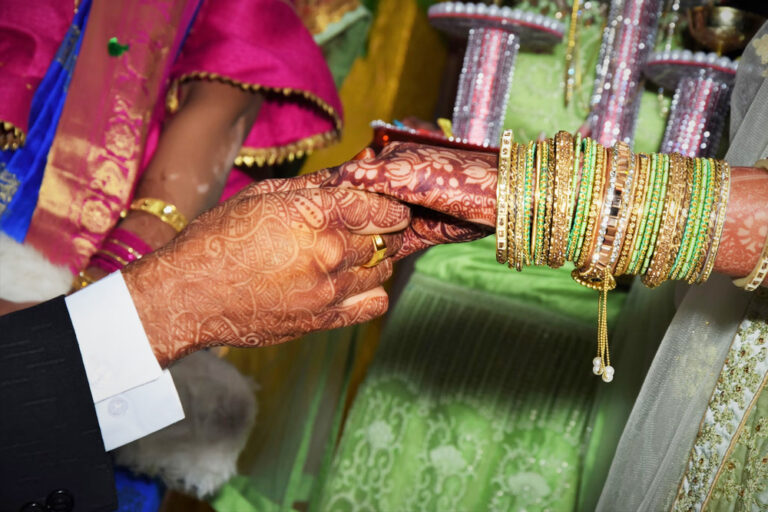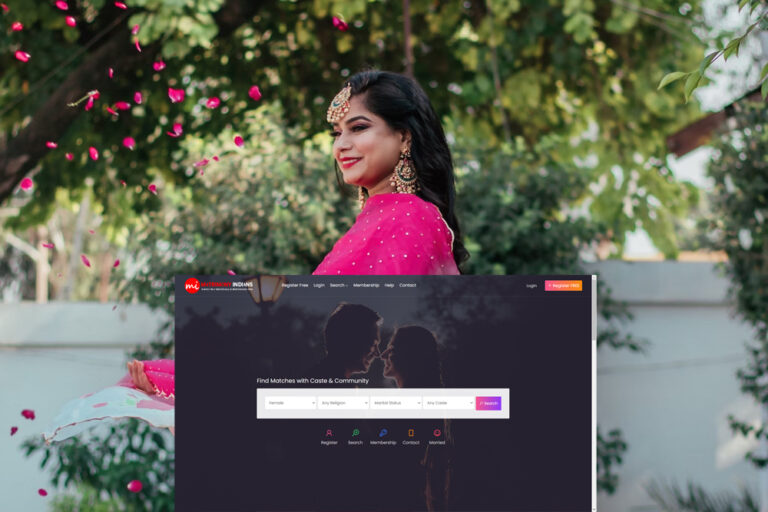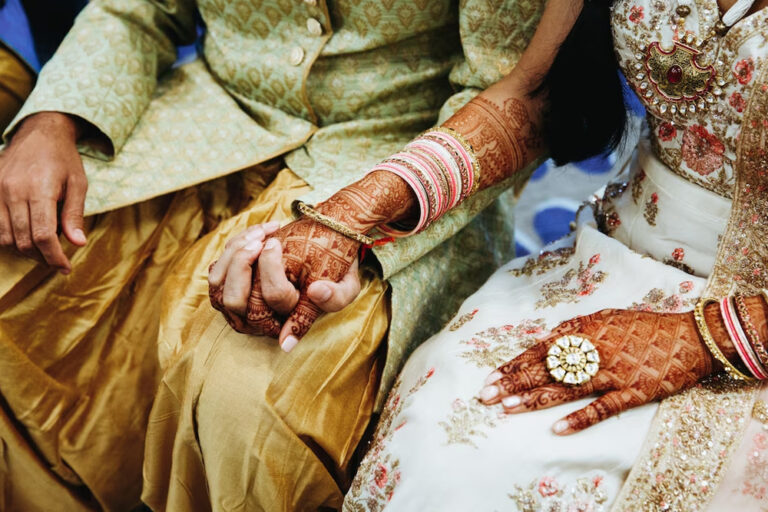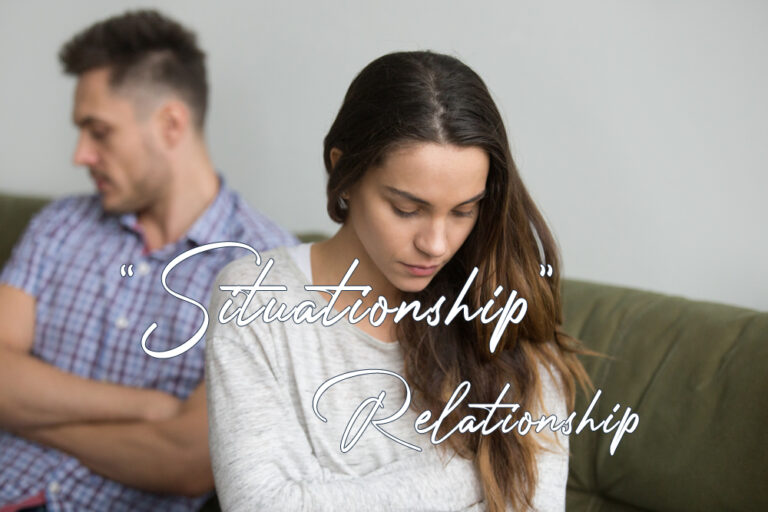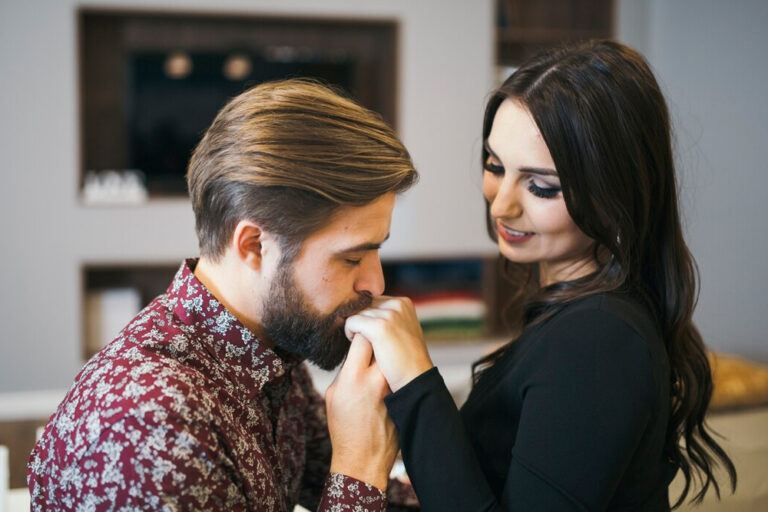Top 20 Most Common Indian Wedding Traditions and Rituals
Indian weddings are known for their grandeur, vibrant colors, and rich cultural traditions. Each region in India has its own unique set of wedding rituals and customs that make the celebration truly special. In this blog post, we will explore the top 20 most common Indian wedding traditions and rituals, giving you a glimpse into the rich tapestry of Indian wedding culture.
Explore the top 20 most common Indian wedding traditions and rituals that make the celebration truly special. From the Mehendi ceremony to the Bidaai, learn about the vibrant colors, grandeur, and rich cultural traditions that make Indian weddings unique and memorable.
1. Mehendi Ceremony
The Mehendi ceremony is a pre-wedding ritual where the bride and her female friends and family members gather to apply intricate henna designs on their hands and feet. It is believed to bring good luck and symbolizes the bond of love between the couple.
2. Sangeet
The Sangeet is a musical night filled with song and dance performances by the family members of the bride and groom. It is a joyful celebration that brings both families together in preparation for the wedding.
3. Haldi Ceremony
The Haldi ceremony involves applying a paste made of turmeric, sandalwood, and other herbs on the bride and groom’s body. It is believed to cleanse and purify them before the wedding.
4. Baraat
The Baraat is the groom’s grand procession, where he arrives at the wedding venue accompanied by his family and friends. It is a lively affair with music, dancing, and sometimes even a decorated horse or elephant.
5. Jaimala
The Jaimala is the exchange of garlands between the bride and groom, symbolizing their acceptance of each other as life partners. It is one of the most joyous moments of the wedding ceremony.
6. Kanyadaan
The Kanyadaan is a sacred ritual where the bride’s father gives her away to the groom, symbolizing the transfer of responsibility and care from the father to the husband.
7. Mangalsutra
The Mangalsutra is a sacred necklace that the groom ties around the bride’s neck during the wedding ceremony. It is a symbol of their marital bond and signifies that she is now a married woman.
8. Seven Vows
The Seven Vows, also known as Saptapadi, are the seven promises that the bride and groom make to each other during the wedding ceremony. These vows form the foundation of their married life.
9. Sindoor
After the wedding ceremony, the groom applies sindoor (vermilion) on the bride’s hair parting. It is a symbol of her married status and is considered auspicious in Indian culture.
10. Bidaai
The Bidaai is an emotional moment when the bride leaves her parental home to start a new life with her husband. It is a tearful farewell filled with blessings and good wishes from her family.
11. Reception
The reception is a post-wedding celebration where the newly married couple is introduced to their extended family and friends. It is a time for celebration, feasting, and dancing.
12. Wedding Attire
Indian brides usually wear a traditional red or maroon-colored saree or lehenga, adorned with intricate embroidery and jewelry. The groom typically wears a sherwani or a suit with a turban.
13. Wedding Invitations
Indian wedding invitations are elaborate and often include religious symbols and motifs. They are sent to invite guests to the various wedding events.
14. Wedding Decorations
Indian weddings are known for their extravagant decorations, with vibrant flowers, colorful drapes, and ornate lighting creating a festive ambiance.
15. Wedding Food
Indian wedding feasts are a gastronomic delight, with a wide variety of vegetarian and non-vegetarian dishes served in multiple courses. The food is often rich in flavors and spices.
16. Wedding Music
Indian weddings are incomplete without music and dance. Traditional instruments like the dhol, shehnai, and tabla are played, and guests dance to the beats of popular wedding songs.
17. Wedding Photography
Wedding photography has become an essential part of Indian weddings, capturing the beautiful moments and emotions of the couple and their families.
18. Wedding Games
Indian weddings are filled with fun and games, with the bride and groom participating in traditional rituals and activities like stealing the groom’s shoes or breaking a pot filled with milk.
19. Wedding Blessings
During the wedding ceremony, the couple seeks blessings from their elders and receives their good wishes for a happy and prosperous married life.
20. Wedding Favors
At the end of the wedding celebrations, guests are often given small gifts or tokens of appreciation as a thank you for being part of the couple’s special day.
These are just a few of the many beautiful traditions and rituals that make Indian weddings truly unique and memorable. Each ceremony has its own significance and adds to the overall charm of the celebration. Whether you are attending an Indian wedding or planning your own, embracing these traditions will ensure an unforgettable experience filled with love, joy, and cultural richness.

